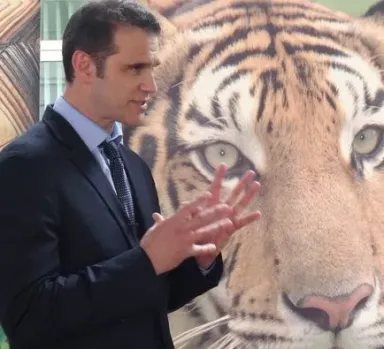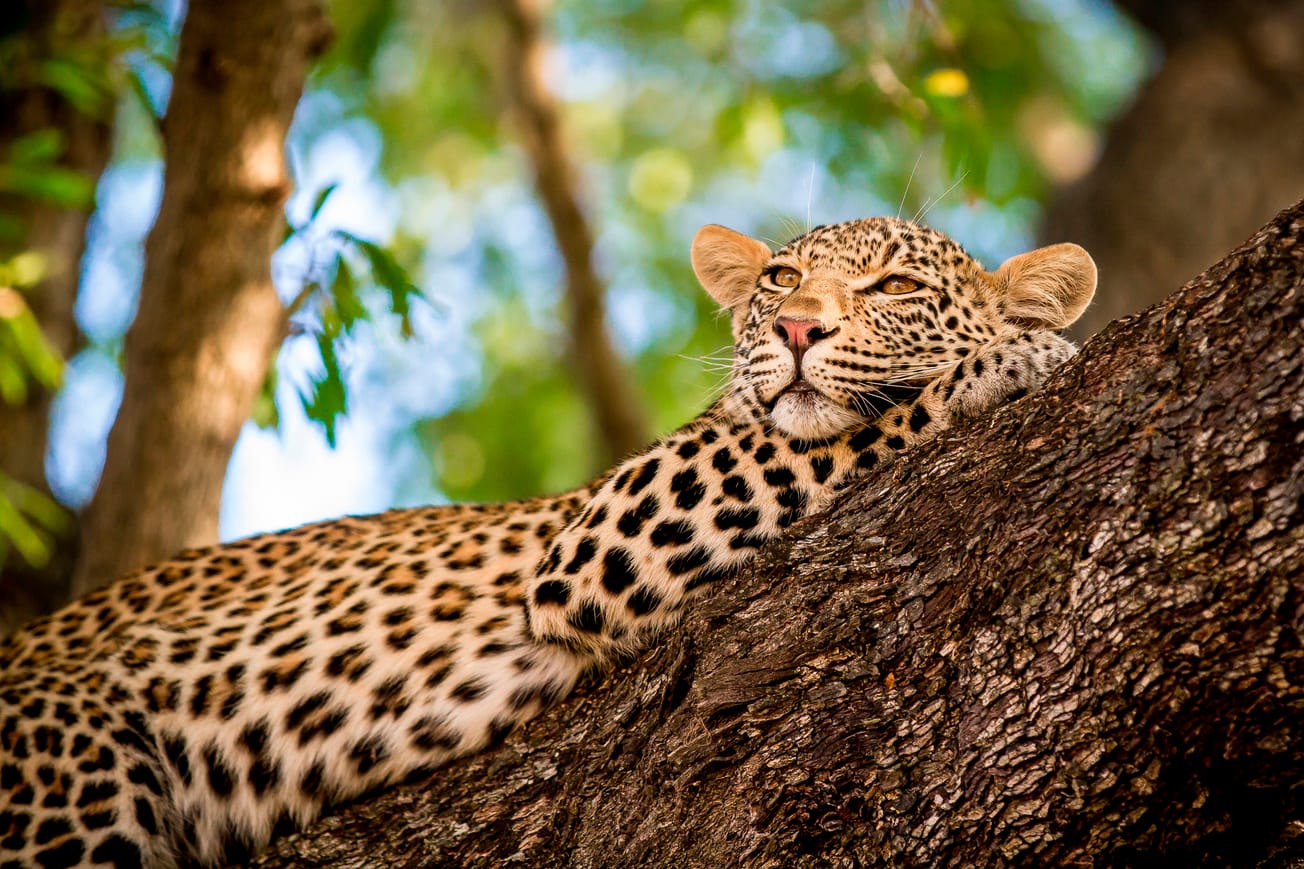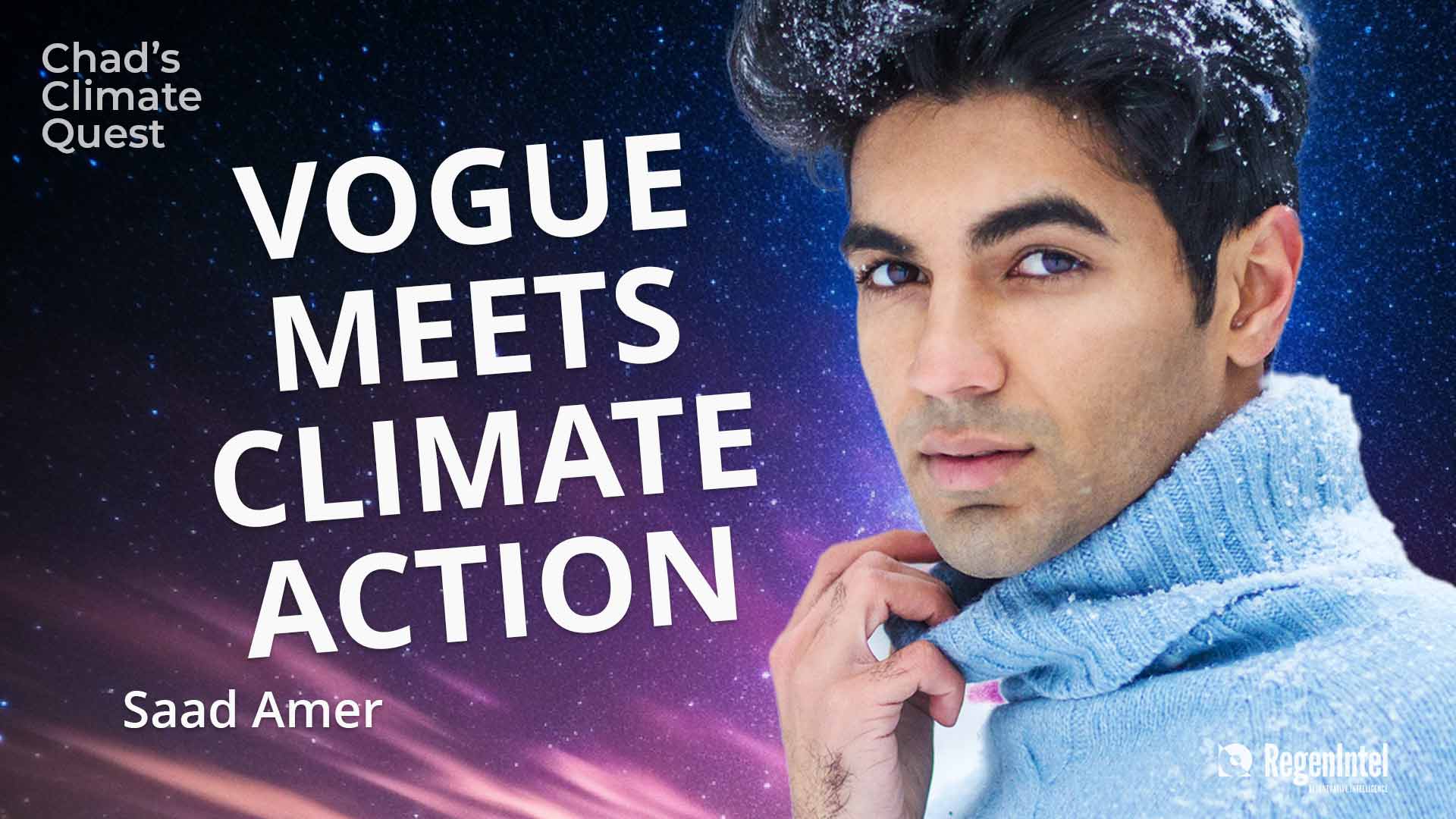This is the message that was delivered today to two of the draft bill’s proponents, Wisconsin state Senator Joan Ballweg and Rep Alex Dallman of Green Lake, by the international, Green Lake-based counter-trafficking organization, Freeland.
Currently, the bill has enough votes to pass if legislators do not change their positions.
“Wisconsin is one of 5 states in the country that allows for private ownership of wild and exotic animals with little regulation, which is resulting in a booming roadside zoo business, creating scenes straight out Tiger King, cropping up across our state,” said Steve Galster, Freeland founder.
“This has led to personal accidents, and risks much worse, including wildlife trafficking and virus outbreaks. Wisconsin needs to tighten regulations on this business, not loosen them further.”
Freeland is a leading US government-supported international organization that is fighting wildlife trafficking across the world through training and education. It also helps leads a global campaign (www.endpandemics.earth) to raise awareness about the dangers that commercial wildlife trade poses not only to the animals, but also to people, pointing out that COVID-19 and other pandemics before it were sparked by exploitation of wild animals and destruction of their habitats. The commercial trade in wild and exotic species is one of the most efficient ways to transmit harmful, sometimes deadly viruses, from animals to people, and to other animals. Petting zoos put wild and exotic animals into unnaturally close contact with people, who may not be immune to certain pathogens carried by the animals.
Livestock and horses are also at risk from this business. Freeland has witnessed the trade in wild and exotic animals leading to outbreaks that killed horses, cattle and pigs. Zebras imported from South Africa to Asia in 2020 transmitted African Horse Sickness (AHS) to horses there, spreading quickly and killing 90% of the horses it infected. Swine flu wiped out whole pig populations in numerous countries after wild pigs mixed with domestic ones. Various bovine diseases can be sparked by the wildlife trade, endangering domestic cattle. MERS was transmitted to people by captive camels. SARS was transmitted by civets, a raccoon like animal. COVID-19 is now thought to have been transmitted by raccoons that were for sale in a market in China. Many of these same animals are appearing in Wisconsin roadside zoos.
Prairie dogs imported to Wisconsin years ago brought monkey pox with them. While it is now illegal to import prairie dogs to the state for this reason, it is very difficult for inspectors to know if animals in the zoos were captive bred or smuggled in. Any type of zoo that is exempt from state inspectors can be used to launder poached and smuggled wildlife. Wisconsin could become a new main attraction for animal traffickers.
“We ask our politicians to reconsider this bill,” said Galster. “Roadside and unregulated zoos make a few people richer, while endangering animals and human populations, not to mention their animals and farms. These facilities do not serve the public interest. They do not educate people about wildlife, and they do not contribute to conservation. They send the wrong message to children that it’s ok to pet wildlife, and that endangered species can be saved by breeding them. This is reprehensible, Tiger King like commercial entertainment at its worst.”
Currently, the state of Wisconsin mandates that wild and exotic animal collectors who use their animals for commercial purposes be regulated by the Department of Natural Resources (DNR) and be certified by the American Zoological Association (AZA). This allows authorities to inspect facilities and ensure that owners are not trafficking or abusing the animals, and not endangering public safety and health.
Under the proposed SB 126 and AB 124 bill, such commercial operators would not be subject to DNR regulations or inspections, and would only have to report to a private organization, the Zoological Association of America (ZAA), which has more relaxed regulations than AZA about visitors interacting with animals. ZAA also supports commercial trade of captive bred exotics.
“We hope that our representatives and other Wisconsin state legislators will re-think this bill in the interest of the people of Wisconsin and the animals we care for and rely on. While the intent of the bill may be to streamline business operations, this is one business that will not benefit people through relaxed regulations.”
Freeland hosted an event on August 11 that provides more background on this issue, which can be seen here:
Freeland requests its followers to contact your representative to express opposition to this bill. For more information: info@freeland.org
www.freeland.org
For additional News on Roadside Zoo neglect check: Roadside Zoo News













